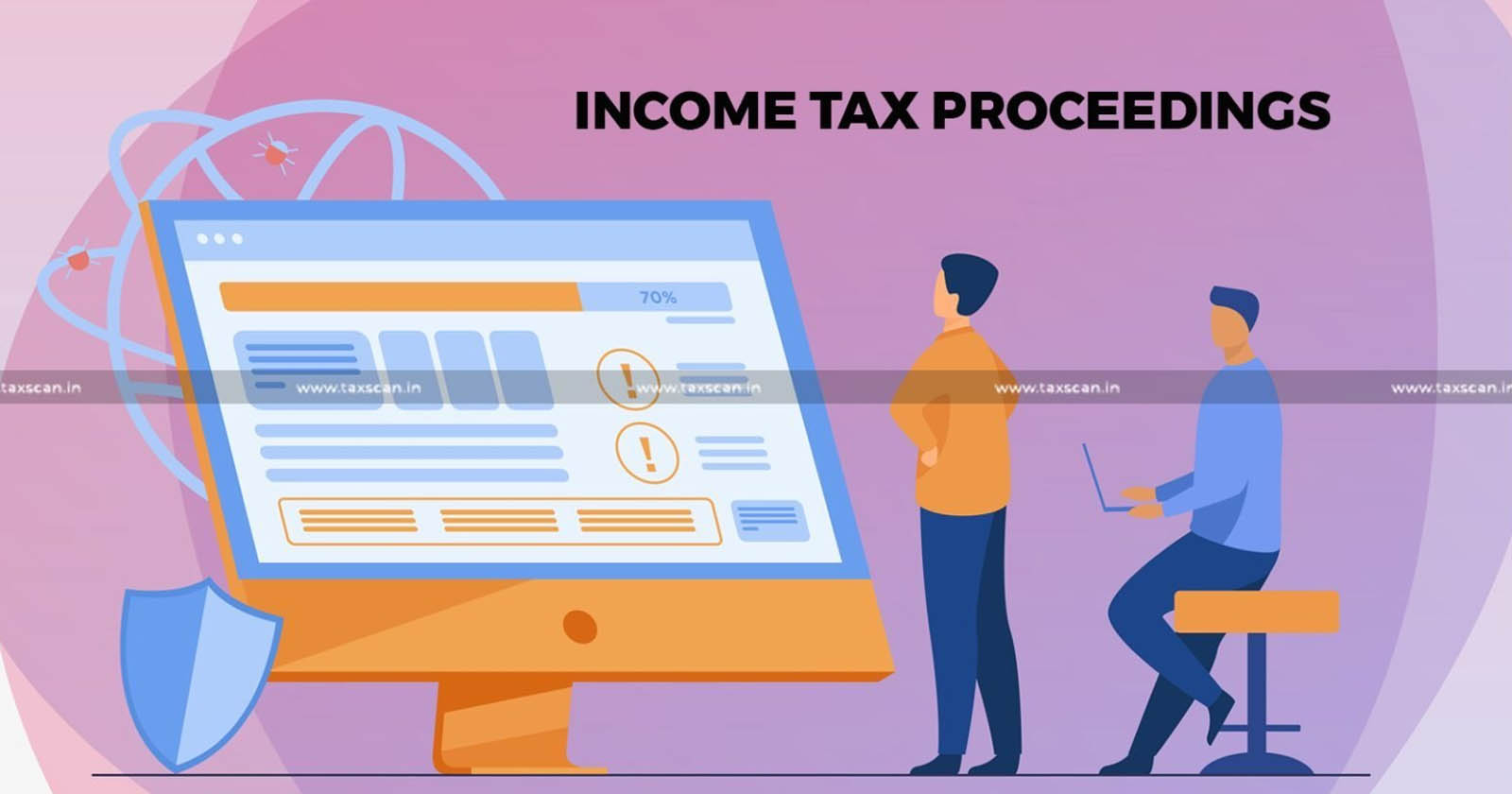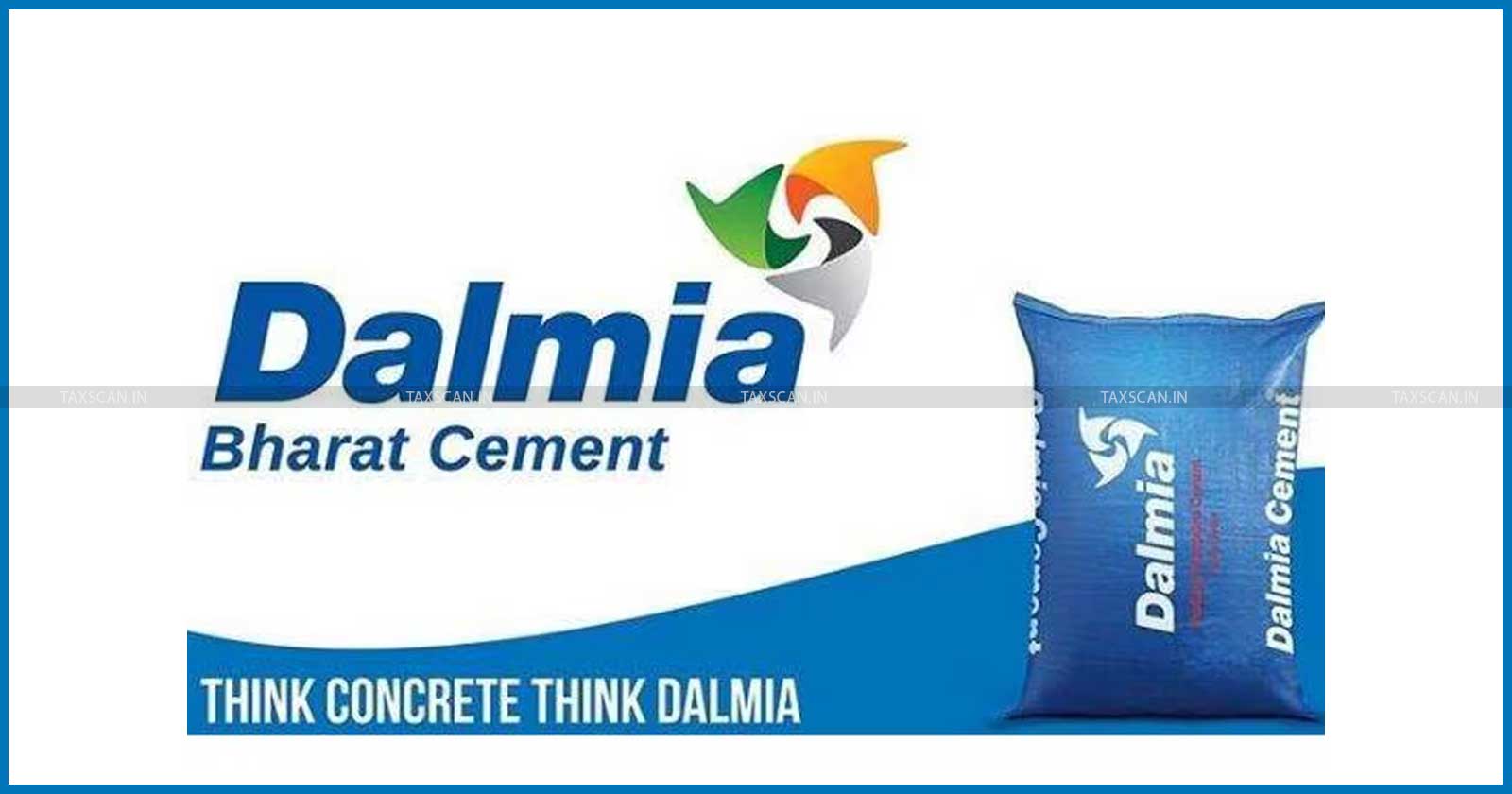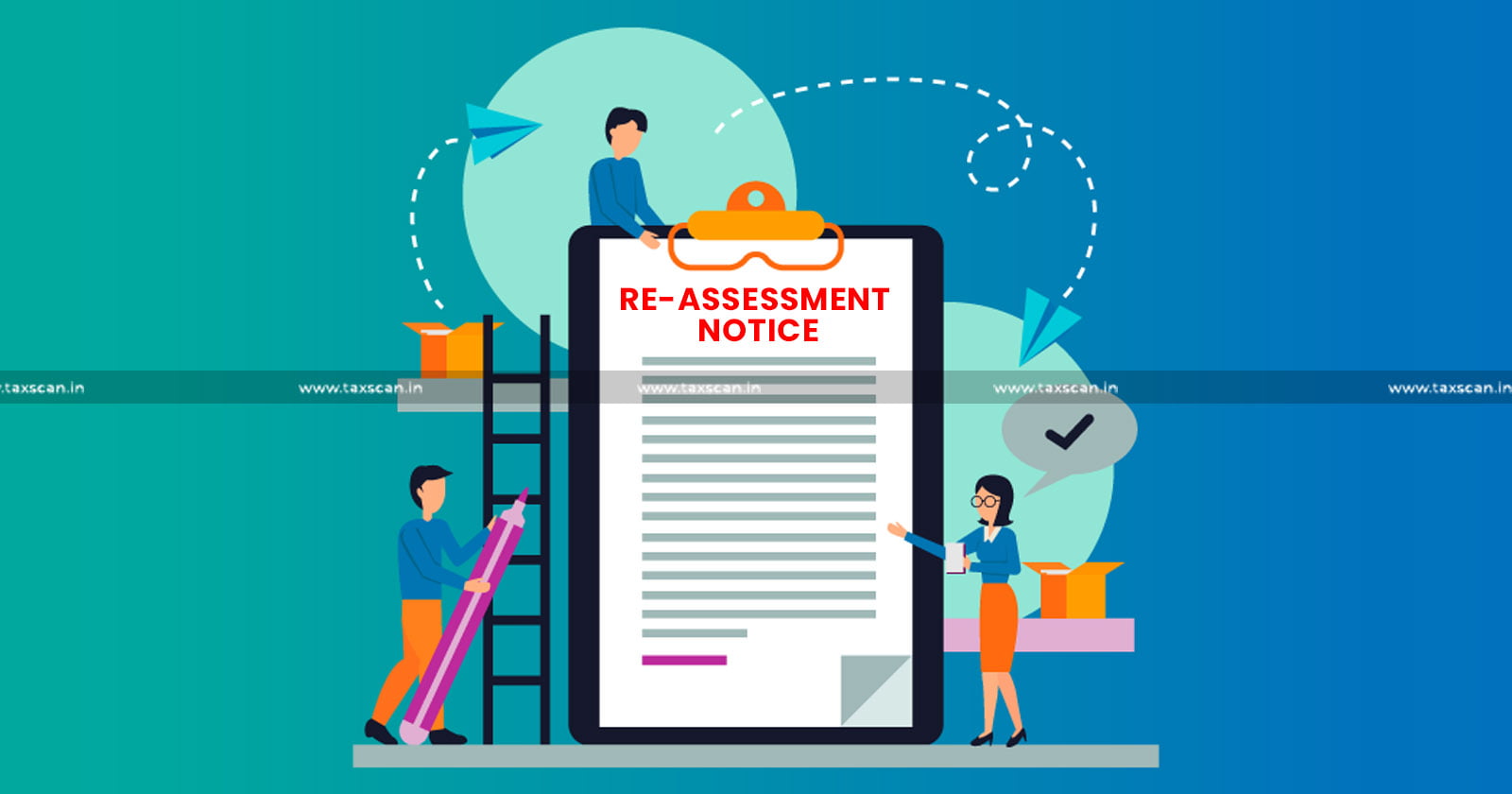Reassessment Triggered by 175% Spike in Penny Stock Gains Allegedly Manipulating Capital Gains: Madras HC Quashes S. 148 Notice Issued Beyond Limitation [Read Order]
The Court held that since the notice was issued and received before 01.04.2021, the amended provisions of the Finance Act, 2021 were inapplicable, and the reassessment's validity had to be tested under the unamended law
![Reassessment Triggered by 175% Spike in Penny Stock Gains Allegedly Manipulating Capital Gains: Madras HC Quashes S. 148 Notice Issued Beyond Limitation [Read Order] Reassessment Triggered by 175% Spike in Penny Stock Gains Allegedly Manipulating Capital Gains: Madras HC Quashes S. 148 Notice Issued Beyond Limitation [Read Order]](https://images.taxscan.in/h-upload/2025/06/05/2041351-reassessment-triggered-penny-stock-gains-allegedly-manipulating-capital-gains-taxscan.webp)
The Madras High Court has quashed a reassessment notice issued under Section 148under Income Tax Act, 1961 on the ground of limitation, despite the Revenue's allegations of manipulated capital gains through reversal trading in penny stocks.
The Court noted that as the notice was issued and received prior to 01.04.2021, the amended regime brought in by the Finance Act, 2021 (introducing Section 148A and revising Section 149) did not apply. Thus, the validity of the reassessment had to be tested strictly under the provisions as they stood before the amendment.
The case involved the reopening of assessment for Assessment Year 2013-14 based on alleged accommodation entries and suspicious capital gains derived from trading in illiquid stocks. The petitioner, Mr. Sohanraj Praveen Kumar, had originally filed his return of income on 01.10.2013, declaring a total income of ₹2.95 crore, including short-term capital gains of ₹1.64 crore.
 Also Read:Proceedings u/s 148 A of Income Tax Act is Invalid when Rejecting Response furnished by Assessee Solely for Information on Portal : Delhi HC sets aside order [Read Order]
Also Read:Proceedings u/s 148 A of Income Tax Act is Invalid when Rejecting Response furnished by Assessee Solely for Information on Portal : Delhi HC sets aside order [Read Order]
This return was subject to scrutiny, and a final assessment order was passed under Section 143(3) on 25.01.2016. However, on 26.03.2021, the Income Tax Department issued a reassessment notice under Section 148, alleging that the petitioner engaged in a reversal trading mechanism to claim bogus capital gains, with a staggering 175% gain on shares of M/s VMS Industries Ltd. and 148% on shares of M/s Diamant Infrastructure Ltd.
The Revenue relied on investigation reports suggesting that the petitioner was aided by entities like M/s Mono Herbicides Ltd., Babita Naresh Jain, and others to generate these manipulated gains.
In response, the petitioner clarified that his gains had already been subjected to scrutiny in the original assessment and contended that the reassessment was not only based on a change of opinion but also barred by limitation under the unamended Income tax Section 149.
 Also Read:Supreme Court Stays Madras HC Order Allowing Income Tax Reassessment Against Dalmia Bharat and Subsidiaries [Read Judgement]
Also Read:Supreme Court Stays Madras HC Order Allowing Income Tax Reassessment Against Dalmia Bharat and Subsidiaries [Read Judgement]
The petitioner argued that the six-year time limit from the end of Assessment Year 2013-14 had expired on 31.03.2020, whereas the notice under Section 148 was issued on 26.03.2021, clearly beyond the permissible limit.
JusticeC. Saravanan, after examining the submissions and statutory framework, noted that the reassessment notice dated 26.03.2021 was issued beyond the six-year limitation period under the old regime.
 Also Read:Delhi High Court Quashes Income Tax Reassessment Notice for AY 2015-16, Rules TOLA Cannot Extend Limitation Post-April 1, 2021 [Read Order]
Also Read:Delhi High Court Quashes Income Tax Reassessment Notice for AY 2015-16, Rules TOLA Cannot Extend Limitation Post-April 1, 2021 [Read Order]
The Court also rejected the Revenue's justification that new information or insight warranted a re-opening, observing that the allegations were vague and pertained to transactions already scrutinized during the original assessment.
Further, the supposed connection with M/s Mono Herbicides Ltd. was not borne out by the petitioner’s records. It concluded that the reassessment proceedings initiated under Section 148 lacked jurisdiction due to being time-barred and were therefore unsustainable in law.
Support our journalism by subscribing to Taxscan premium. Follow us on Telegram for quick updates


